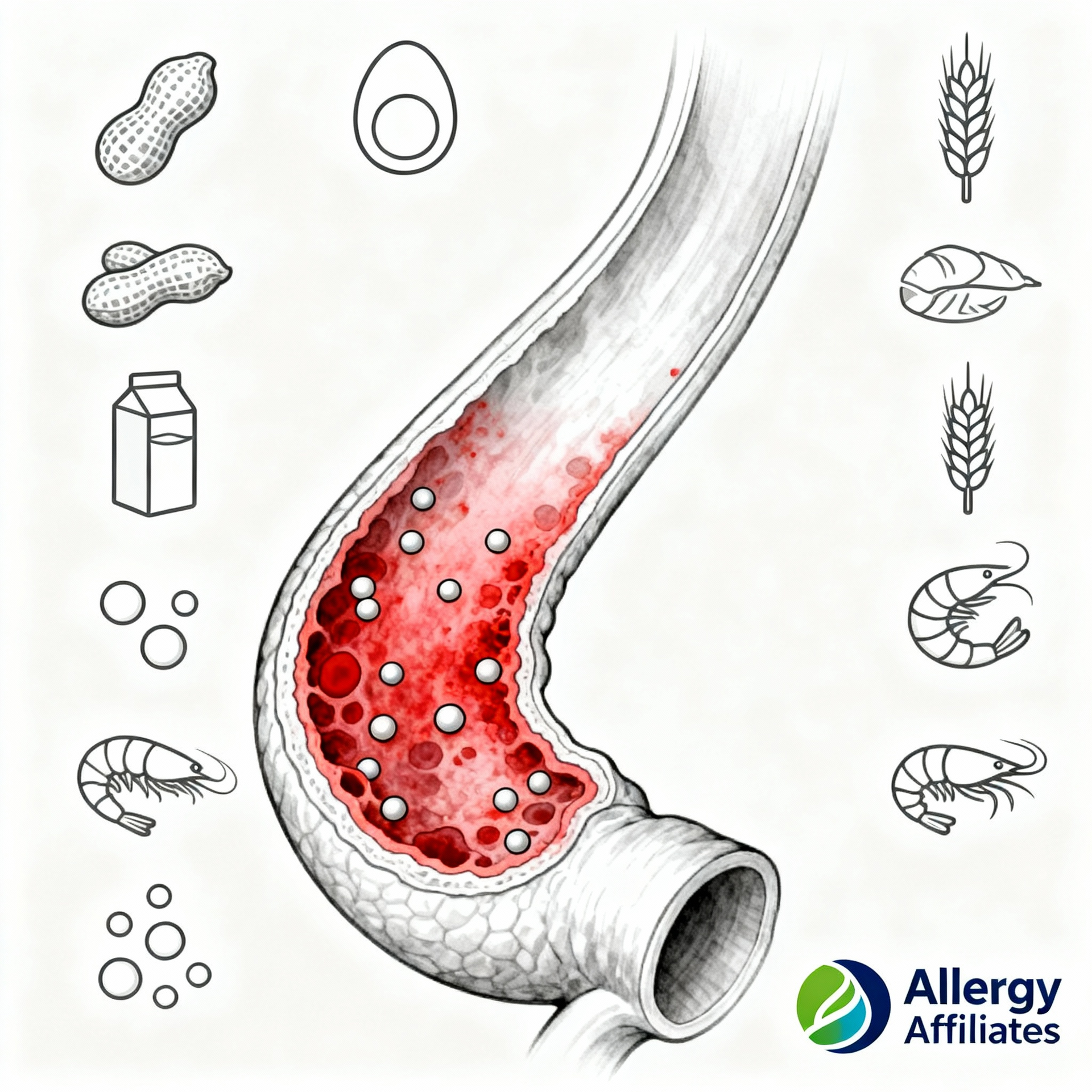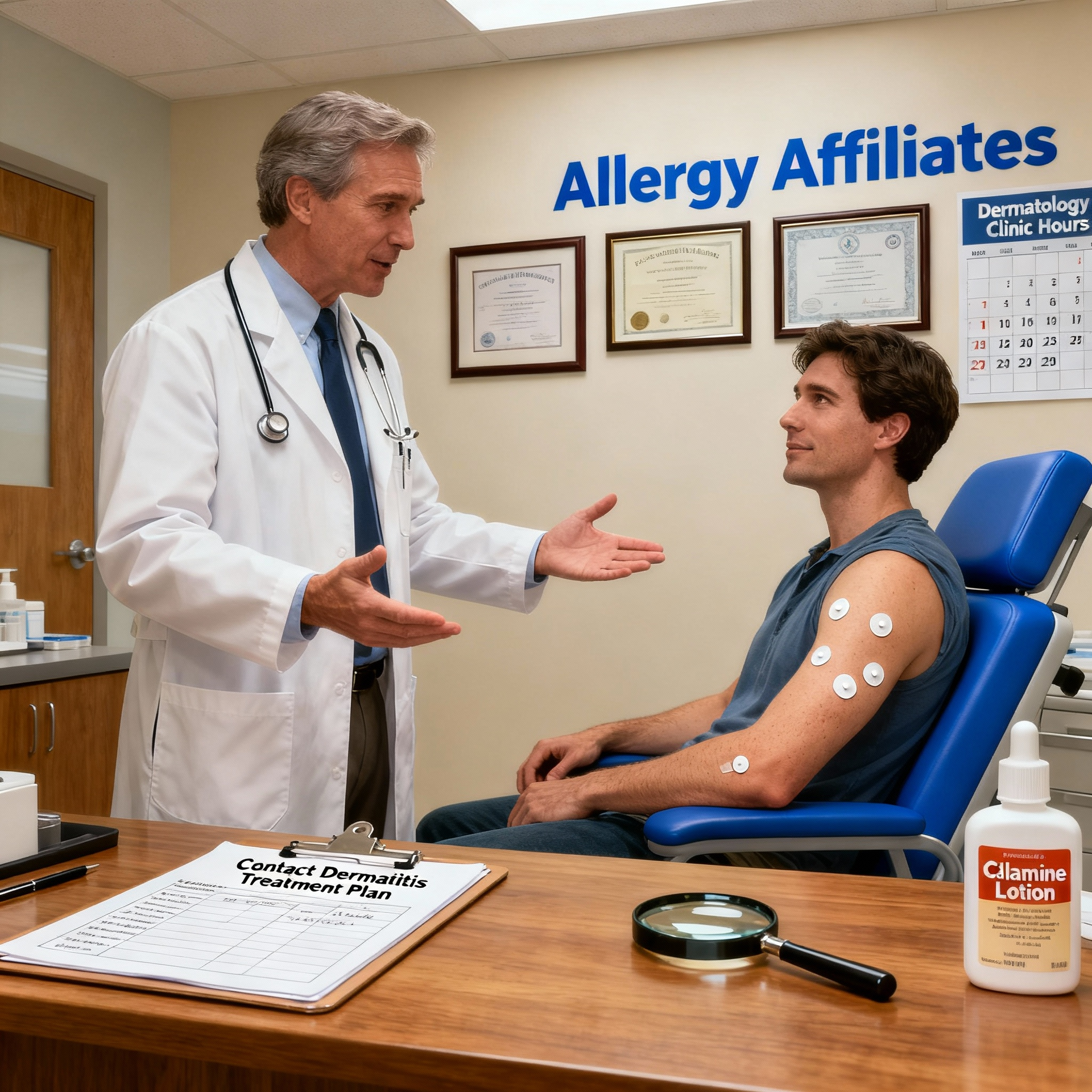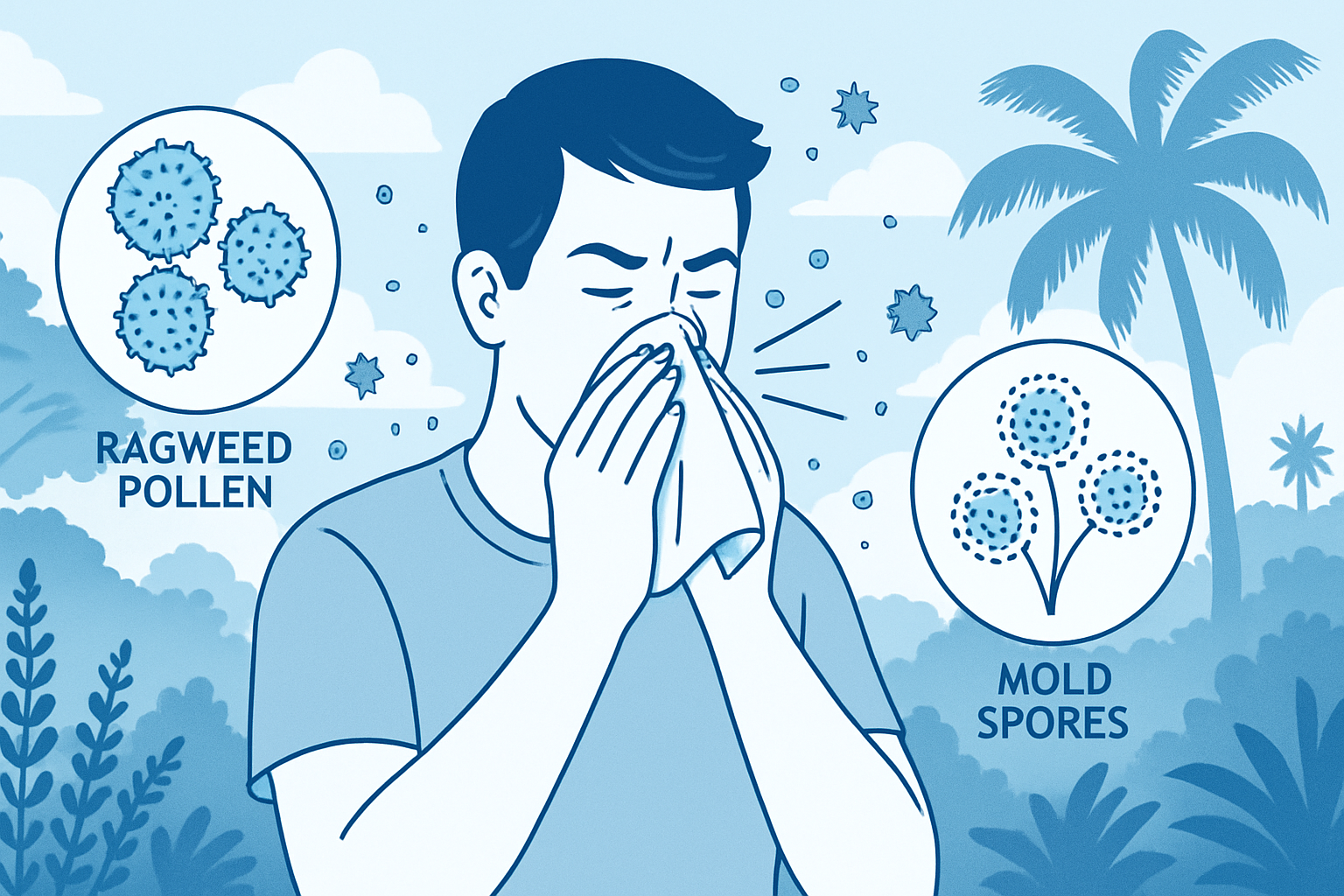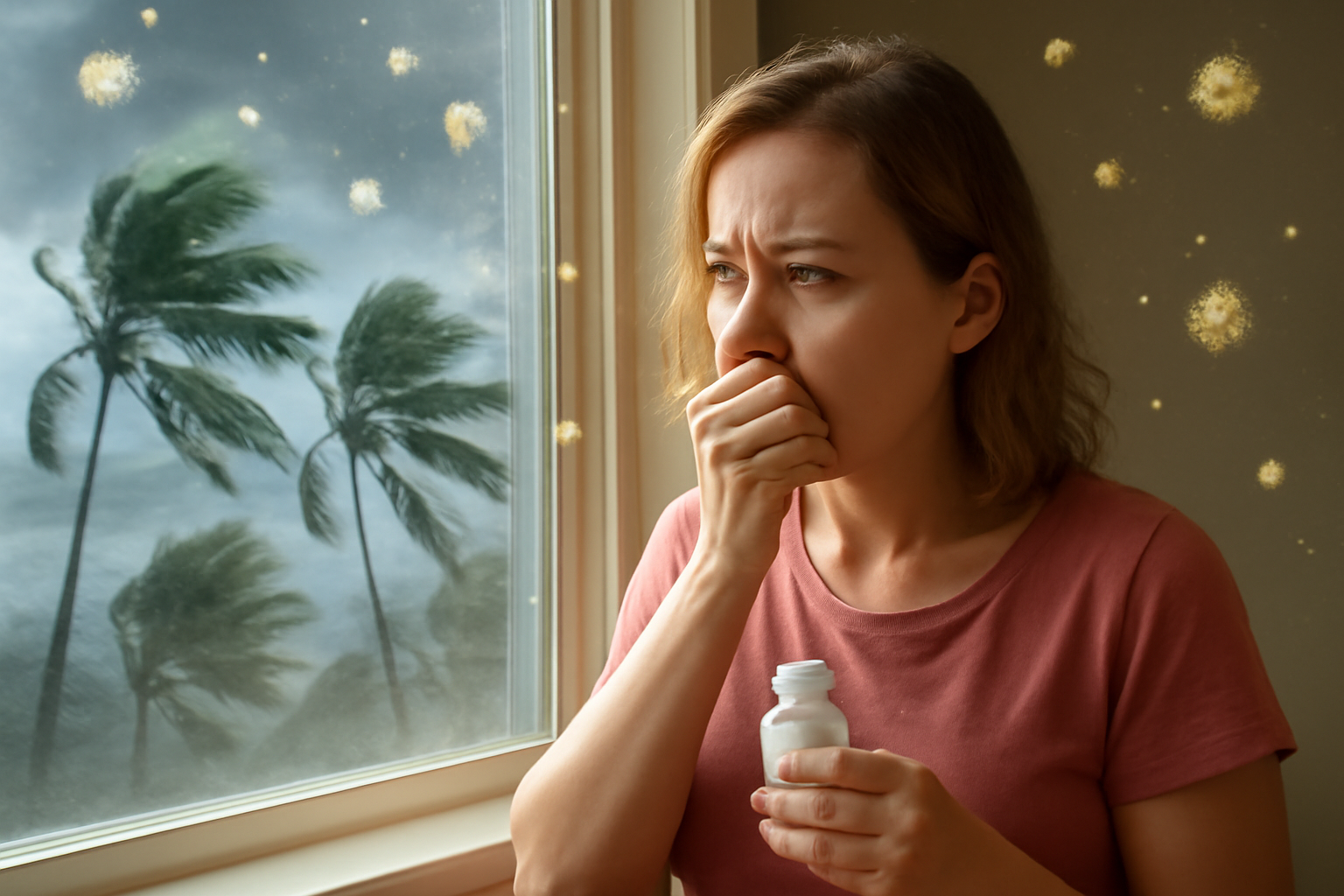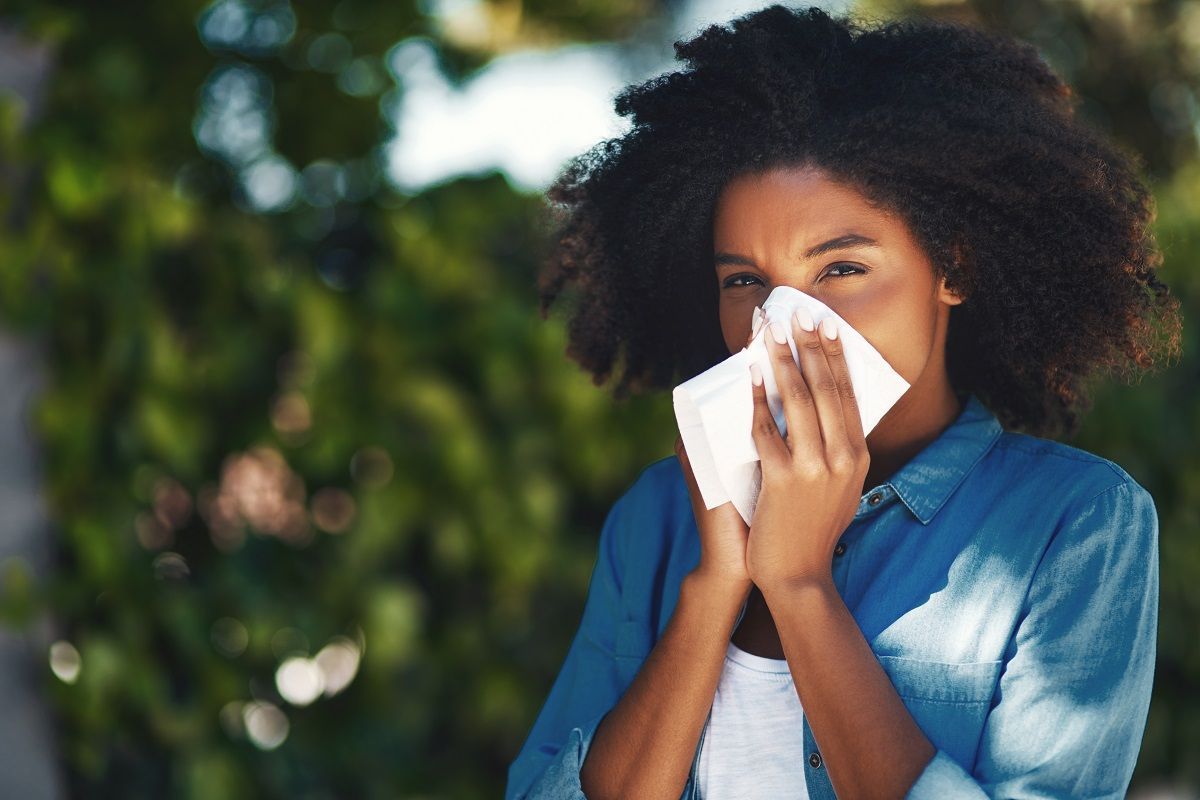
As nature wakes from its wintertime slumber, the sweet scents of blooming flowers and fresh greenery fill the air. However, this sprightly season also becomes a challenging time filled with distress for those with oak pollen allergies. But don't let that dampen your spirits! The proper guidance and management will help you enjoy the beauty of spring without the discomfort of allergy symptoms.
This guide will unravel the complexities of oak pollen season allergies and provide practical tips to live through this challenge season after season.
Understanding Oak Tree Pollen
- Characteristics of Oak Pollen
Oak pollen is known for its distinctive shape and texture. Under the microscope, it resembles tiny, oval grains with unique surface patterns. The oak pollen season typically spans from late winter to early summer, depending on geographic locations. Knowing when the season peaks helps you prepare and take preventive measures.
Factors Affecting Oak Tree Allergy
- Geographic Influence
The prevalence and intensity of oak pollen season allergies vary across regions. Factors such as tree density and environmental conditions contribute to the geographic influence on allergies.
- Weather Conditions
Weather plays a significant role in the dispersion of pollen. Windy conditions carry pollen over long distances, affecting many people, even in areas with minimal oak tree presence.
Identifying Allergy Triggers
- Recognizing Oak Pollen Sources
Identifying the primary sources of oak pollen is essential for managing allergies. Common oak species, including red and white oaks, significantly contribute to pollen levels.
- Cross-Reactivity With Other Allergens
Understanding cross-reactivity with other allergens is crucial. People with oak pollen allergies may also experience reactions to certain foods or other environmental triggers. Oak pollen allergies may share cross-reactivity with certain foods. This condition is called oral allergy syndrome.
Oak tree allergy foods to avoid:
- Apples
- Peaches
- Kiwis
- Plums
- Nuts
Typical symptoms include itching and swelling of the mouth and throat. Moreover, some people with oak allergies may experience cross-reactivity with other tree pollens, such as birch and alder, leading to pollen-food allergy syndrome.
Coping Strategies
- Allergy-Proofing Your Home
Creating a pollen-free zone at home involves strategic cleaning and maintenance practices. Regular cleaning, using a high- efficiency particulate air (HEPA) filter, and keeping windows closed during peak pollen times significantly reduce indoor allergen levels.
- Personal Care Tips
Practicing good personal hygiene is vital. Showering after spending time outdoors and changing clothes helps prevent pollen accumulation on the body.
- Medication Options
Various over-the-counter and prescription medications alleviate oak allergy symptoms. Antihistamines, nasal corticosteroids, and decongestants are standard options for managing oak pollen allergy and similar conditions.
Natural Remedies
- Holistic Approaches
Holistic remedies, such as acupuncture and aromatherapy, are gaining popularity for allergy relief. While not scientifically proven, some people find these methods beneficial.
- Herbal Supplements
Certain herbal supplements, like butterbur and quercetin, are believed to have anti-allergic properties. Consult an allergy expert before incorporating these supplements into your routine.
Seeking Professional Help
- Allergy Testing
If allergies persist or worsen, seeking professional help is imperative. Allergy testing, including skin and blood evaluation, identifies specific allergens and guides treatment.
- Consultation With Allergists
Allergists provide personalized advice and oak tree allergy treatment plans. Understanding the specific triggers and developing a comprehensive approach to managing allergies is crucial. Inform your doctor about all your symptoms for better results.
Tips for Parents With Allergic Children
- Create Allergy-Friendly Environments
Parents of allergic children should create allergy-friendly spaces at home and communicate effectively with caregivers, teachers, and school staff.
- Communicate With Schools
Open communication with schools ensures educators know about a child's allergies and take appropriate precautions.
Lifestyle Adjustments
- Outdoor Activities During Oak Pollen Season
Engage in outdoor activities during low pollen times and wear protective gear like sunglasses and hats to minimize exposure.
- Adjust Exercise Routines
Modifying exercise routines, especially outdoor activities, during peak pollen times helps prevent exacerbation of allergy symptoms.
Traveling During Oak Pollen Season
- Choose Allergy-Friendly Destinations
When planning travel during oak pollen season, selecting destinations with lower pollen levels makes the experience more enjoyable.
- Prepare for Travel
Pack the necessary medications, check pollen forecasts for the destination, and plan activities accordingly for a smoother travel experience.
Staying Informed
- Monitor Pollen Counts
Regularly monitoring pollen counts in your area allows for proactive measures to avoid exposure during peak times.
- Utilize Allergy Apps
Mobile apps dedicated to allergies provide real-time information, personalized alerts, and helpful tips for managing allergies.
Personal Stories
- Narratives From Allergy Sufferers
For insights and emotional support, consider hearing personal stories from people who are effectively managing their oak pollen season allergies.
- Shared Coping Strategies
Sharing coping strategies among the allergy community fosters a sense of solidarity and encourages the exchange of practical tips.
Adopting a multifaceted approach is essential to overcoming oak pollen season allergies comfortably. This approach involves understanding the pollen, identifying triggers, implementing coping strategies, and seeking professional advice.
FAQs About Oak Pollen Allergies
Can oak pollen allergies be outgrown?
While some people experience a reduction in symptoms over time, allergies may persist into adulthood.
Are there specific foods to avoid during oak pollen season?
Certain foods, like apples and celery, may trigger oral allergy syndrome in people with oak pollen allergies.
Can oak pollen allergies cause asthma?
In some cases, prolonged exposure to oak pollen may contribute to developing or exacerbating asthma symptoms.
Are over-the-counter antihistamines safe for long-term use?
Most over-the-counter antihistamines are safe for short-term use. However, you should consult with a healthcare professional for prolonged use.
Is oak pollen the only allergy trigger during spring?
No, other allergens, including grass and weed pollens, contribute to allergy symptoms during spring.
Breathe Easier During Oak Allergy Season
Are you still trying to figure out where to find help? Don't worry. The most dependable Florida allergy center is here! Start by searching online for "allergist near me" and "Florida allergy" to kickstart your allergy-free life!
Bradenton and Sarasota board-certified allergist
Dr.Sabharwal and her team provide safe and efficient oak allergy treatment options using conventional and innovative methods.
Ensure an allergy-free spring by calling 941-792-4151 or requesting an appointment
here.





